Outside of central Shanghai lies a small water town called Qibao. A Chinese water town is typically marked with a canal flanked by buildings in the style of traditional architecture, complete with arched stone bridges. Though Qibao is not as impressive as Suzhou and Hangzhou’s historic water towns, it presents a change of scenery from Shanghai’s typical urban environments.
It is generally not advisable to visit touristy areas during a long weekend as one will be neck-to-neck with a million other domestic tourists. However I decided to take a Sunday off for the sake of keeping my sanity, so I took a chance and cycled for an hour all the way to Qibao, which gave me a chance to see more of Shanghai’s suburbs.

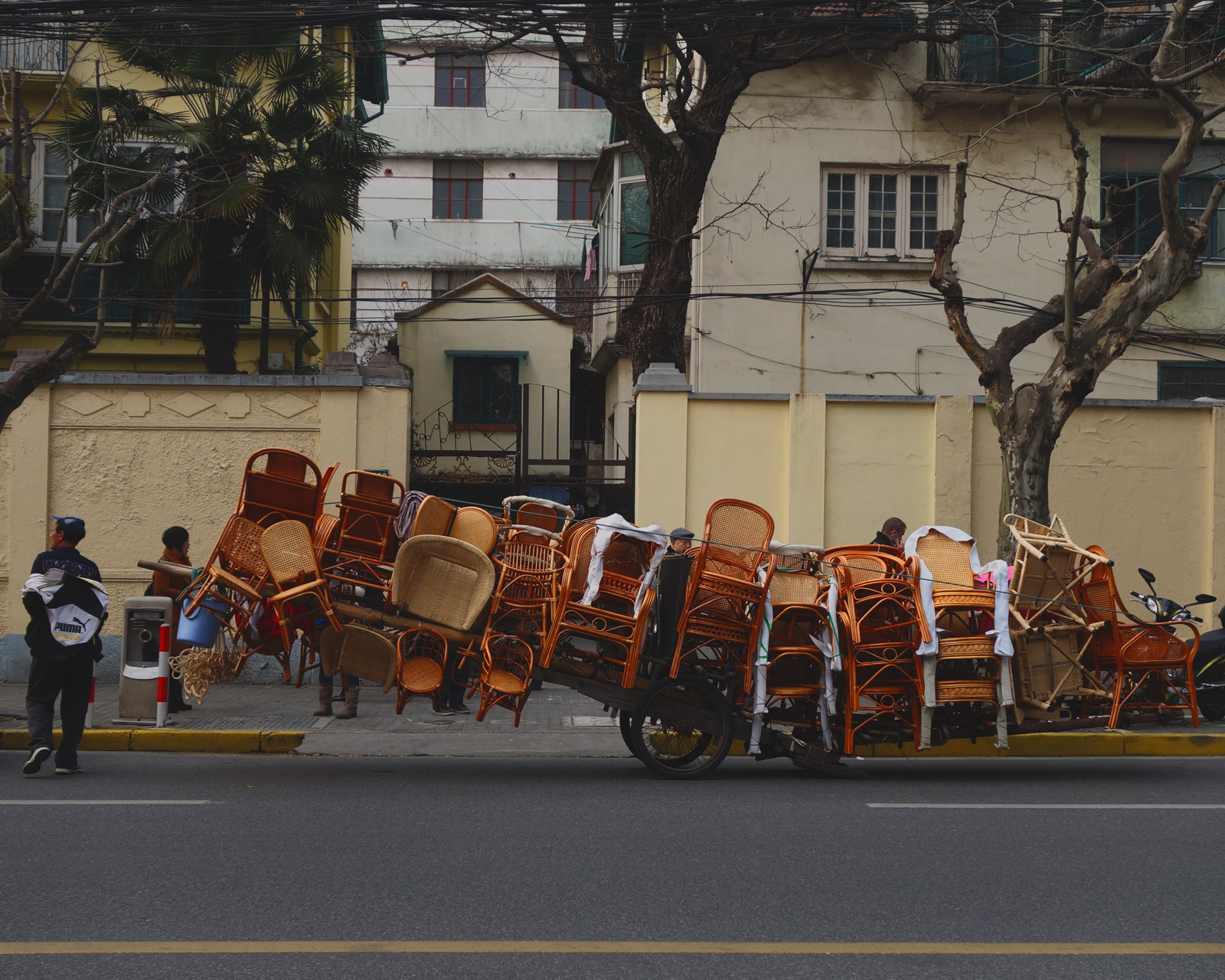
Just as I had expected, the narrow alleys of Qibao were packed with visitors, but surprise surprise, the traditional tea houses were much emptier. I managed to find a table overlooking the canal. From my vantage point I could see the opposite buildings, one of them with a set of staircase that leads to the water. People came and went – someone even decided to take a leak in the middle of the steps. It reminded me of the time I looked out of my second-storey window to see an elderly man peeing by a tree, his jewels out in their full and frontal glory. It was not a sight I would wish upon my enemies.
Despite accelerated advancements in modernity and technological innovations – China’s e-commerce ecosystem is vastly more futuristic than any I’ve come across in developed regions – it is still mired in income inequality. A large part of the population struggles to make ends meet even in a city as prosperous as Shanghai. Through my conversations with taxi drivers, I found out how gruelling their work hours are. Some choose to work as much as fourteen hours a day, others work every other day for a full 24 hours each time. Couriers and food delivery boys work six to seven days a week, each day over twelve hours, rain or shine. Old grandmothers collect styrofoam boxes and cardboards, piling them high over their heads on rickety old motorised cart-bike hybrid. Fruit and vegetable sellers peddle produce on wooden carts. They have to be constantly on the move or they might get fined by wardens. At night, after finishing their day jobs, younger couples would park their pushcarts at the side of the road, selling noodles that they fry on the spot while keeping an eye out for the police.
For many people in China, being poor becomes a driving force to find work in the unlikeliest places. For the younger generation eager to eke out their place in the world, it forces them to be crafty entrepreneurs, even if it means illegally selling barbecued skewers at the side of the road.
With that said, there is a downside to this can-do attitude and misplaced optimism rooted in the belief in meritocracy A combination of the need to protect oneself and the pride of having made it in the world leaves one with little room to be kind to those who have fallen through the cracks. Many urban youths who have silver-spoon upbringing – and their parents who have forgotten what it was like to be poor – do not have empathy for the struggles of the working class, which manifests in the form of ugly, abusive tantrums directed at service providers.
I sipped on my steaming cup of tea. The pungent aroma of smelly tofu permeated the air. A cleaner on a wooden motorised raft drifted down the canal to pick up rubbish that have been carelessly thrown about. For a while it distracted me from William Gibson’s Count Zero.




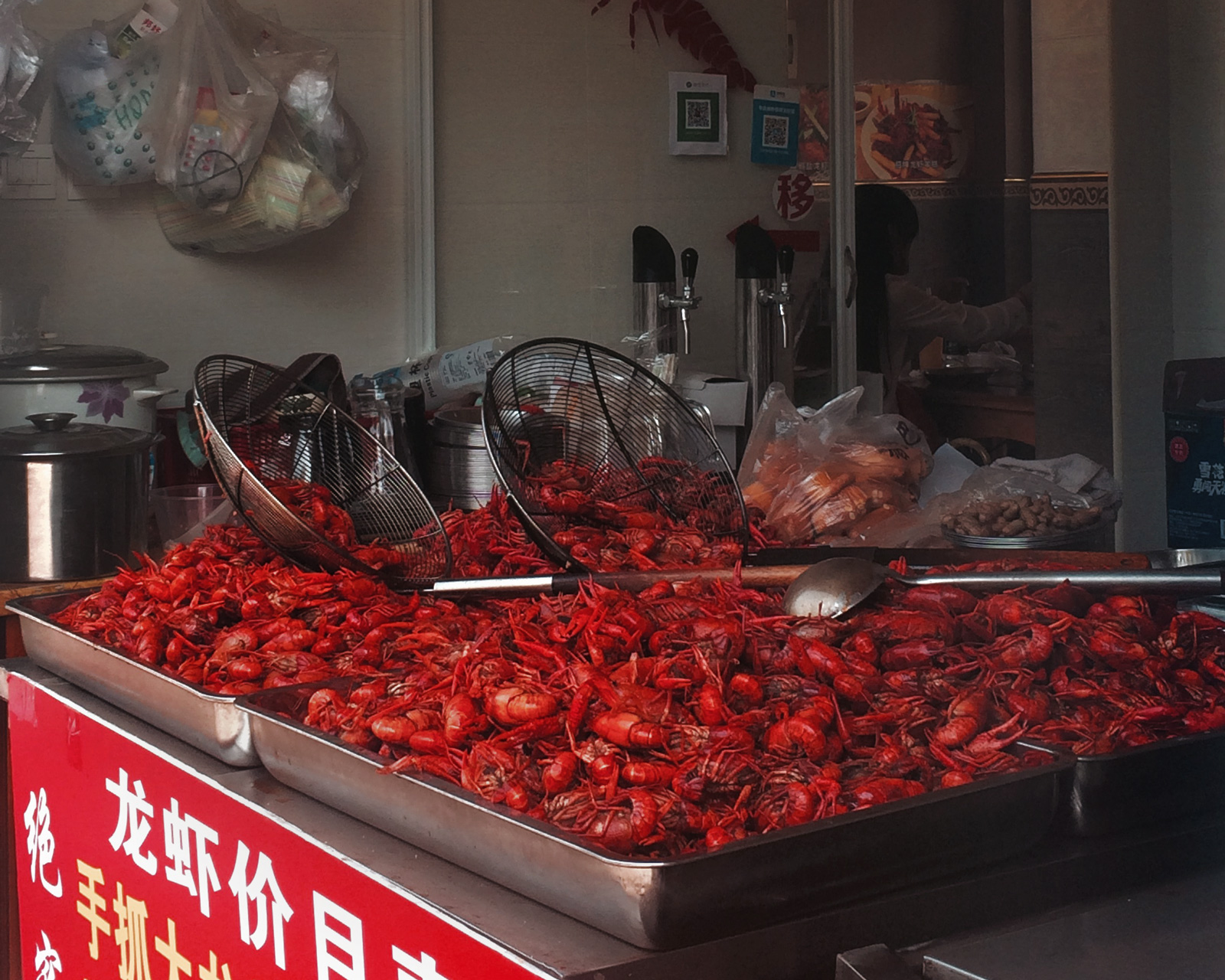


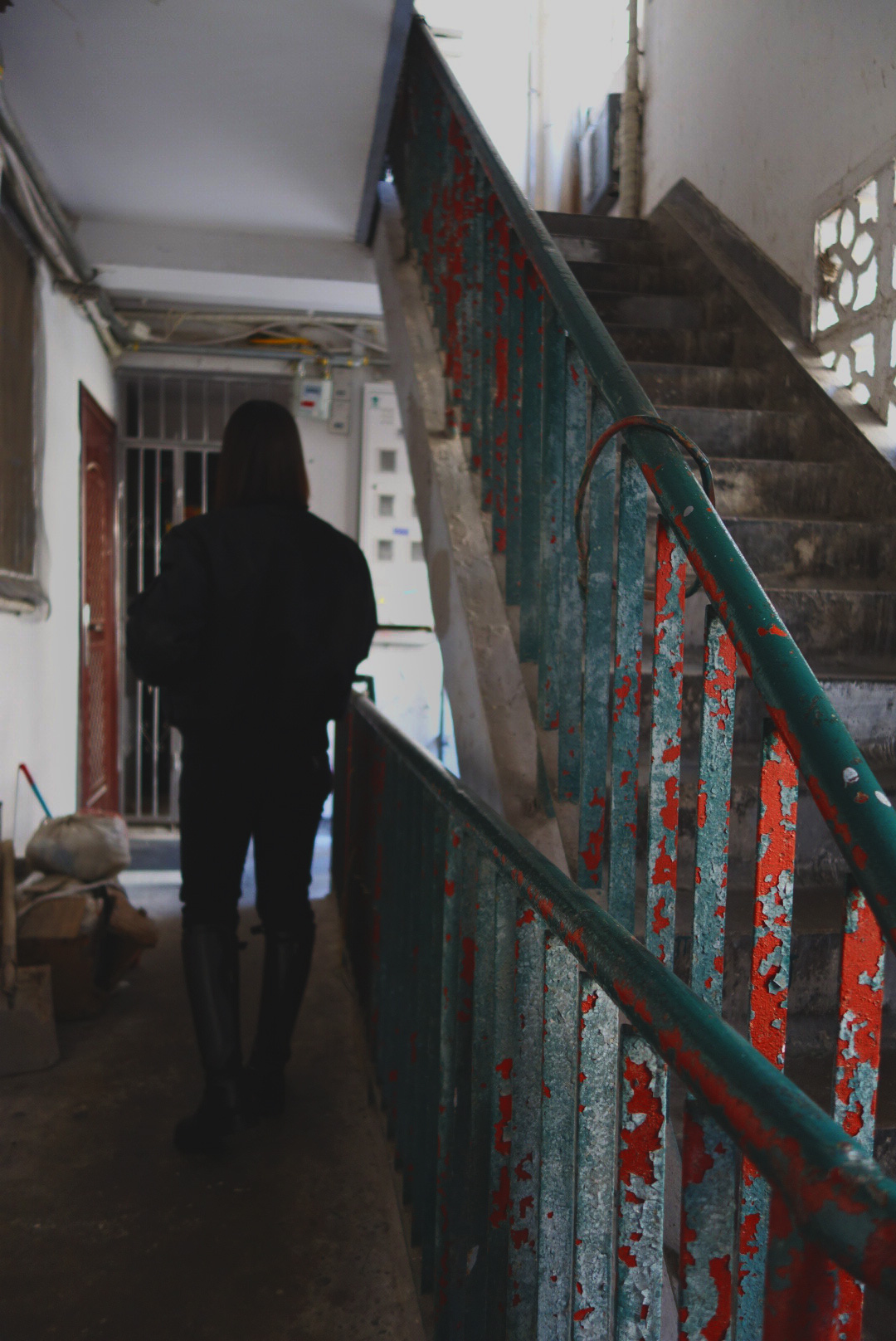
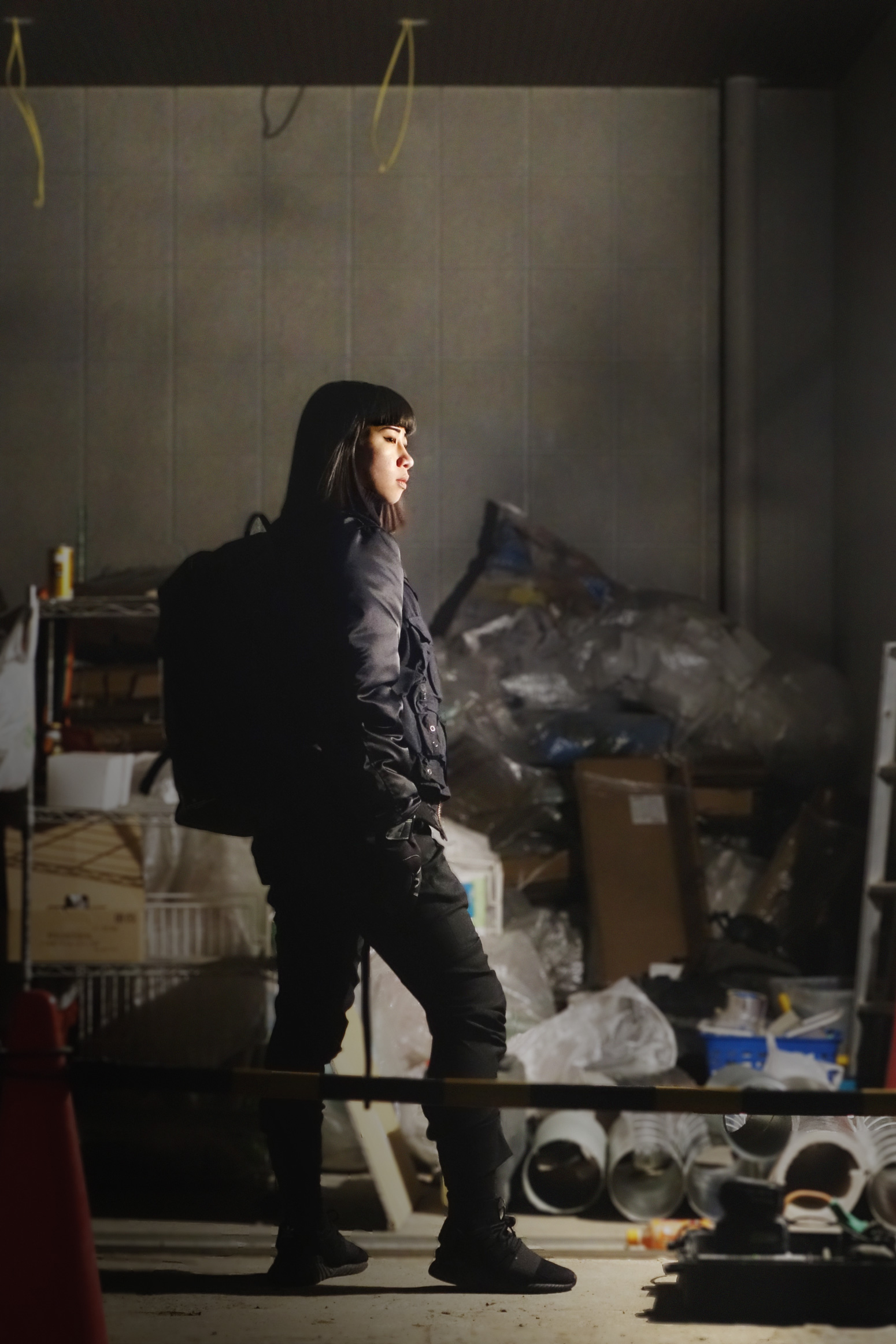
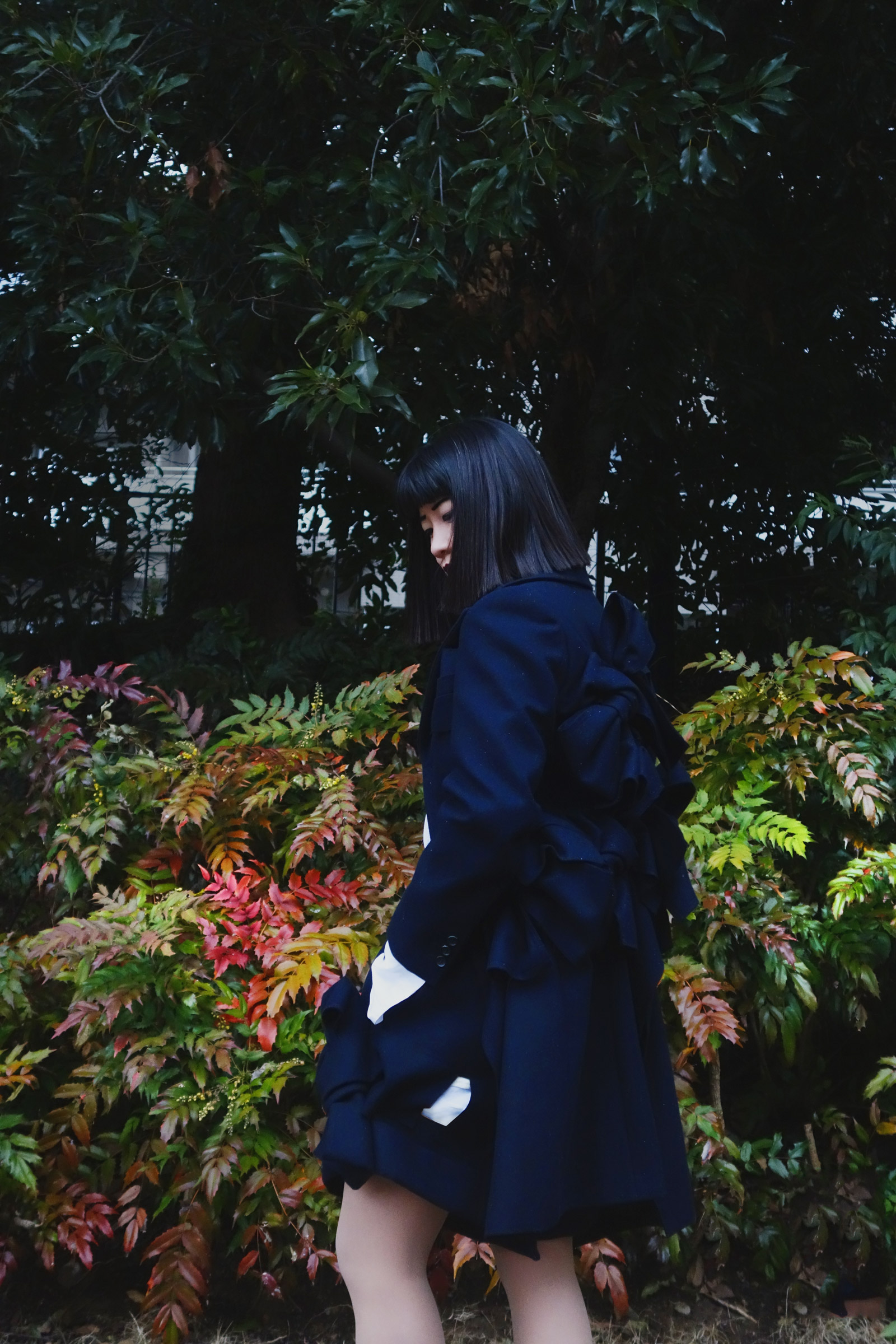
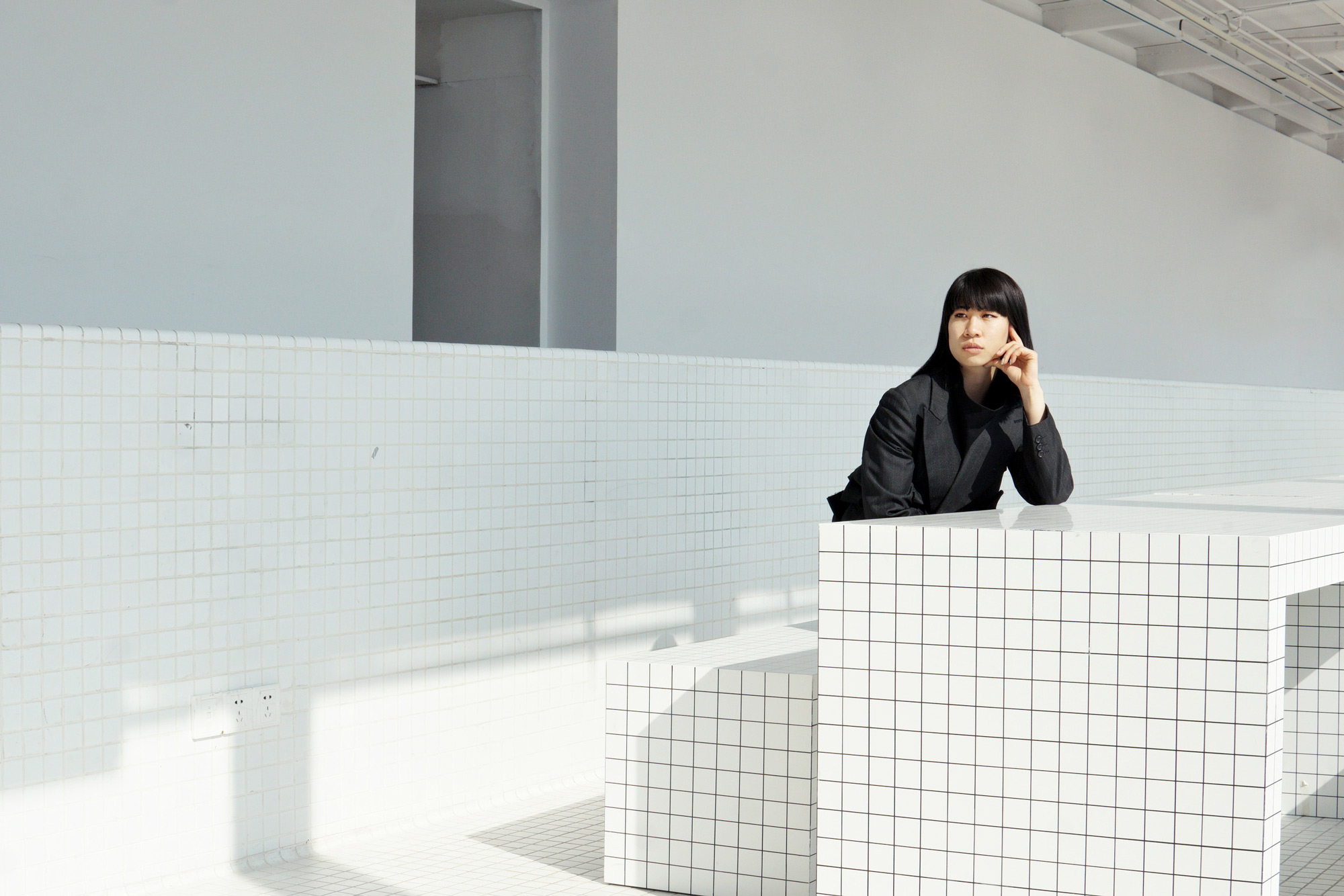
beautifully written, as always, gracia!
Thank you Paul. Appreciate the kind sentiment as always
A more difficult read than Neuromancer? Why’s that?
It’s like a constant stream of thought that runs all over the place.